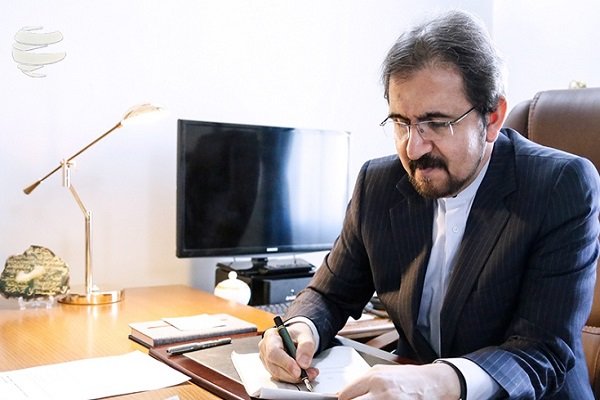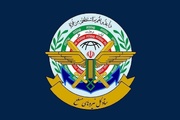Speaking to Fars News Agency on Tuesday, Ghasemi said that Iran looks at INSTEX as a positive step that could facilitate the country’s trades at the global level, but it has never been the Islamic Repulic's only option.
Now that the long-awaited mechanism has been established, the official said, it should become operational as soon as possible to fulfill its already delayed expectations.
He said Iran expects the European countries to pace the implementation of the mechanism as this is the least the EU could do to prove its commitments to the previous agreements, including JCPOA (the 2015 nuclear deal), with Iran.
Short for "Instrument in Support of Trade Exchanges", INSTEX was registered after months of negotiations and technical talks in the wake of the US administration's unilateral exit last year from the 2015 Iran nuclear deal.
Germany, France and Britain have helped set up and manage the clearinghouse. The three countries have sought broader support for the mechanism from all 28 EU member states to show European good faith in implementing commitments under the nuclear accord and to present a united front against any retaliation from Washington.
Tehran has grown frustrated with the Europeans' slow response to the reimposition of the US’ unilateral sanctions.
There are still technical details to be worked out following the entity's official registration. The payment channel is aimed to shield European companies from US sanction-related penalties. However, European companies and banks that do business with the US may still be hesitant to trade with Iran over concerns they could be hit with US penalties. Many European companies have already pulled out of Iran in response to US sanctions.
MR/FNA13971116001285

























Your Comment